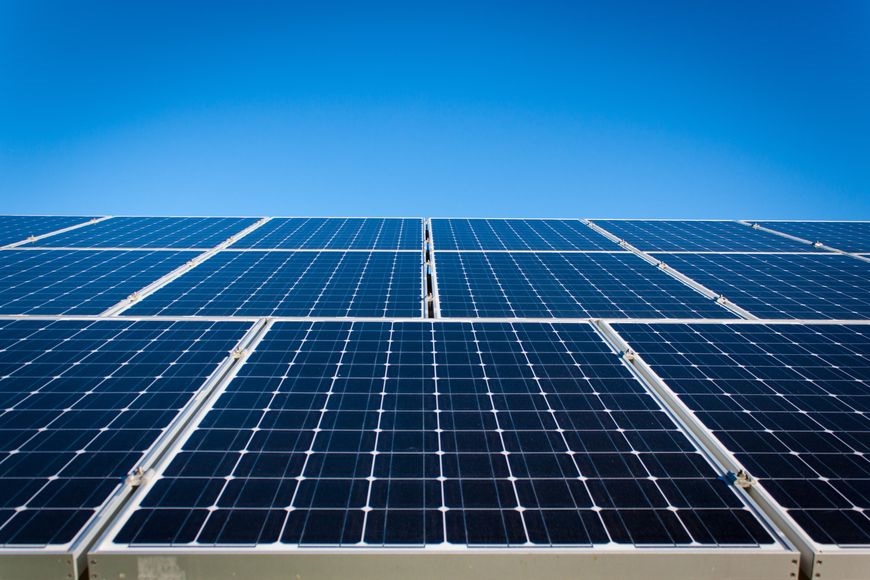Bengal’s Alosree is India’s benchmark to solar power project

The West Bengal Government has shown an exemplary precedence in solar production with its unique programme ‘Alosree.’ Under this programme, solar panels have been installed on roofs of 1200 schools and colleges which offer 21 megawatts of electricity regularly. This is also helping many schools from saving on their electric bills. Thus the Bengal model is not just monetarily profitable, but has upgraded its rating under NAAC in the arena of Green Energy production.
Bengal has turned out to be the role model of solar production in India. The contributions of educational institutions are highly noteworthy behind the contribution. The process of installation of solar panels at educational institutions started under the advice of Chief Minister, Mamata Banerjee. Some were a little apprehensive about its success in the initial days, but have now realized the utility of the same. After the installation of solar panels, the institutions are being able to save a lot of money as they do not have to pay the electric bill anymore. The electricity department is now receiving requests from various educational institutions for solar panel installation. The State Government has therefore decided to install solar panels in 1000 more schools and colleges in the days to come.
The first solar panel was installed in Desh Bandhu Girls’College in 2016. Anita Chattopadhay, the principal of the college said: “Previously, the electricity bill used to range around Rs 25,000 to Rs 30,000. After this unique endeavor, we do not have to pay the electricity bill anymore.” Even Kolkata’s Basanti Devi College has a powerful solar panel of 10 kilowatts, that has helped them save up to 1.5 lakh. The electricity board has installed solar panels in other colleges such as Ashutosh College, St. Xavier’s, South Suburban and Andrew’s College.
Even roofs of various government offices in Bengal will soon have solar panels to enhance the production of solar energy. This produced energy will be directly sent to CESC or state electricity government board grid. The exact value of solar energy produced in the panel will be depreciated from the electrical ball. The state government is also considering installation of solar panels in various parks and roadside areas of the city. In certain private housing complexes, installation of solar panels will soon be declared compulsory.









